Past Leadership
Past Deans
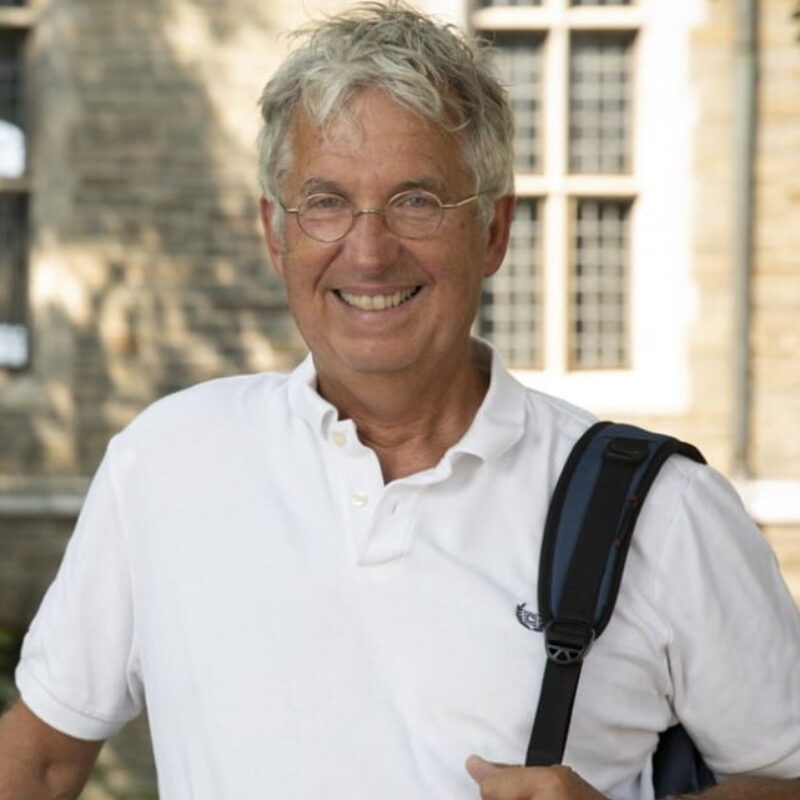
Charles Van Loan
More Information about Charles Van Loan
Charles Van Loan joined the Department of Computer Science in 1975 as an assistant professor. He received his BS (1969), MS (1970), and PhD (1973) in mathematics from the University of Michigan. His research area is matrix computations, a practical field that has an important role throughout the physical, biological, and social sciences. Charlie’s teaching and textbook writing range from freshman-level programming to upper-level scientific computing. His research text Matrix Computations (with G.H. Golub) is one of the most widely cited books in all of mathematics and computer science. He is a Fellow of the Society for Industrial and Applied Mathematics.
Charlie’s contributions to student life include serving on the University Mental Health Council and the Faculty Advisory Committee on Athletics and Physical Education. He received the top awards for academic advising that are given by the College of Engineering and the College of Arts and Sciences. As a member of the Department of Computer Science, he served as Director of Undergraduate Studies (8 years), Director of the Master of Engineering Program (3 years), Director of Graduate Studies (5 years), and Department Chair (7 years).
Charlie was the first emeritus faculty member to serve as Dean of Faculty. He took a number of steps to improve communication to the faculty including the very spare but extremely effective weekly “Monday Message”. He also developed a comprehensive website that enables the faculty to access a renovated Faculty Handbook and track what is going in the Senate and the ad hoc committees that it appoints to take on major issues and problems. Senate meetings during the pandemic doubled in frequency and were run by Charlie in a way that enabled a great deal of business to be completed.
During his five years he chaired or co-chaired committees that revised the academic calendar, developed a university policy for consensual relationships, and smoothed the process for becoming an emeritus faculty member. He improved the status of the research, teaching, and extension faculty giving them representation in the Senate. With others Charlie improved the way research misconduct cases are handled and the criteria for excellence in teaching that is used by the Weiss Awards Committee. With Associate Dean of Faculty Neema Kudva he co-chaired working groups that proposed the creation of a Center for Racial Justice and Equitable Futures and related educational programs for students and faculty.

Joseph Burns
More Information about Joseph Burns
Joe Burns joined the Department of Theoretical and Applied Mechanics in 1966. A world-renowned planetary scientist specializing in celestial mechanics, Joe is a Fellow of the American Geophysical Union and the American Association for the Advancement of Science. He is also an honorary fellow of the Royal Astronomical Society, a member of the International Academy of Astronautics, and a foreign member of the Russian Academy of Sciences. Joe served on the NASA imaging teams for the Cassini (Saturn), Galileo (Jupiter) and Rosetta (Comet) missions. He is the Irving P. Church Professor of Engineering and Professor of Astronomy and served as the Vice Provost for Physical Sciences and Engineering 2003-2007.
As Dean, Joe maintained respectful and collaborative relationships with faculty, administrators, trustees, staff, and students. He responded graciously and quickly to concerns brought to him by faculty including numerous matters relating to appeals, academic conduct, and tenure. Joe served proudly and conscientiously on the search committee that selected Elizabeth Garrett. He elevated the level of discussion about faculty renewal and regularly staged Faculty Forums on key campus issues. Under Joe’s leadership the University Faculty Committee worked to improve shared governance and the degree of transparency exercised by the administration. The key to his success as Dean stemmed from the fact that everybody loved working with Joe.

William E. Fry
More Information about William E. Fry
Bill Fry came to Cornell first as a graduate student in 1966 and then returned to the faculty in 1971. He has been an assistant, associate and full professor in the Department of Plant Pathology (now Plant Pathology and Microbe-Biology). His scholarly specialization has been the late blight disease of potatoes and tomatoes caused by the oomycete pathogen, Phytophthora infestans. His lab confirmed major worldwide migrations of this pathogen during the latter quarter of the 20th century and predicted implications to potato production world wide. His teaching has included introductory plant pathology and epidemiology and management of plant diseases.
His administrative duties have included diverse responsibilities. He was chair of his department from 1981 through 1995. He was president of his national professional society from 1995 to 1996. From 1998 to 2002, he was a Faculty Trustee on the Cornell University Board of Trustees. From 2001 into 2007 he was Senior Associate Dean of the College of Agriculture and Life Sciences. In spring 2008 he was elected Dean of the University Faculty.
He views the faculty as central to the strength of the university. It is their scholarship that establishes the reputation of the university, their teaching that motivates and encourages students, their outreach that helps citizens, and their governance that provides a concerned, sometimes passionate, voice on a wide diversity of issues facing the university.
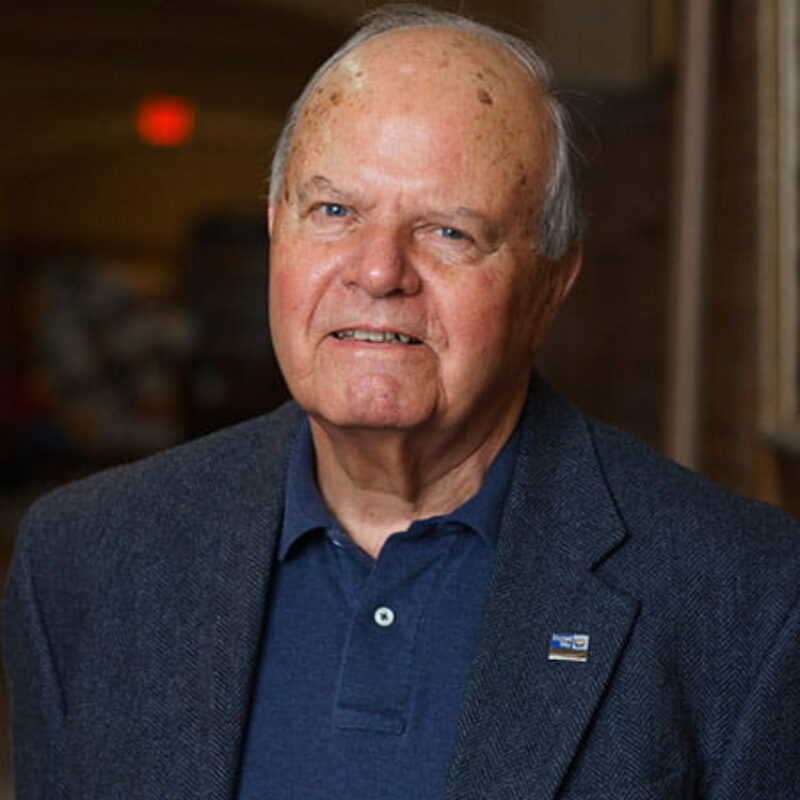
Charles Walcott
More Information about Charles Walcott
Charles Walcott came to Cornell in 1981 as Professor of Neurobiology and Behavior, and Director of the Laboratory of Ornithology. In 1992, he was named the first Louis Aggasiz Fuertes Director of the Lab. He was Director of the Division of Biological Sciences (January 1998-June 1999), and Chair of the Department of Neurobiology and Behavior (1999-2001).
Professor Walcott served as Associate Dean and Secretary of the University Faculty for three years prior to his being elected Dean of the University Faculty in 2003. He views the Faculty as the core of the University; believes that strong and effective Faculty governance is essential for Cornell’s future; and that the Faculty and the Administration must work together to determine academic priorities for Cornell and to ensure adequate financial support.
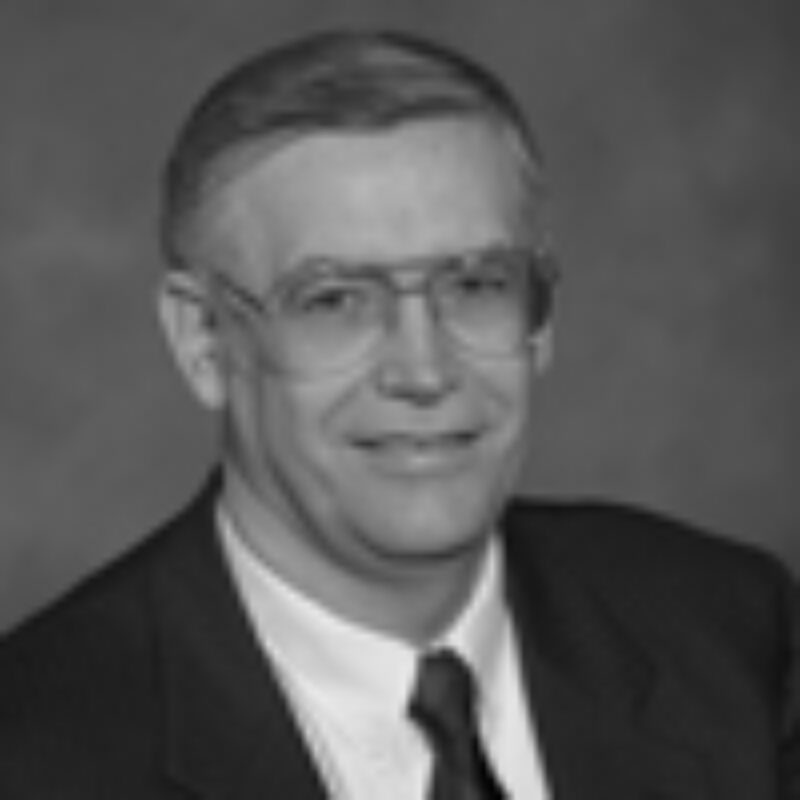
J. Robert Cooke
More Information about J. Robert Cooke
J. Robert Cooke, Agricultural and Biological Engineering, was a member of the University Faculty for 32 years prior to his election as Dean of the University Faculty. He also served as Director of Instruction for the College of Agriculture and Life Sciences, Speaker of the Faculty Senate, Faculty Trustee, and University Marshall (presiding at Commencement).
During his term as Dean, he kept the Faculty informed on all issues within the scope of the faculty’s responsibilities, i.e. Distance Learning, the reorganization of the Division of Biological Sciences, Computer Sciences, and Scholarly Publishing, among others.
Professor Cooke retired and was named Professor Emeritus on September 1, 2005.
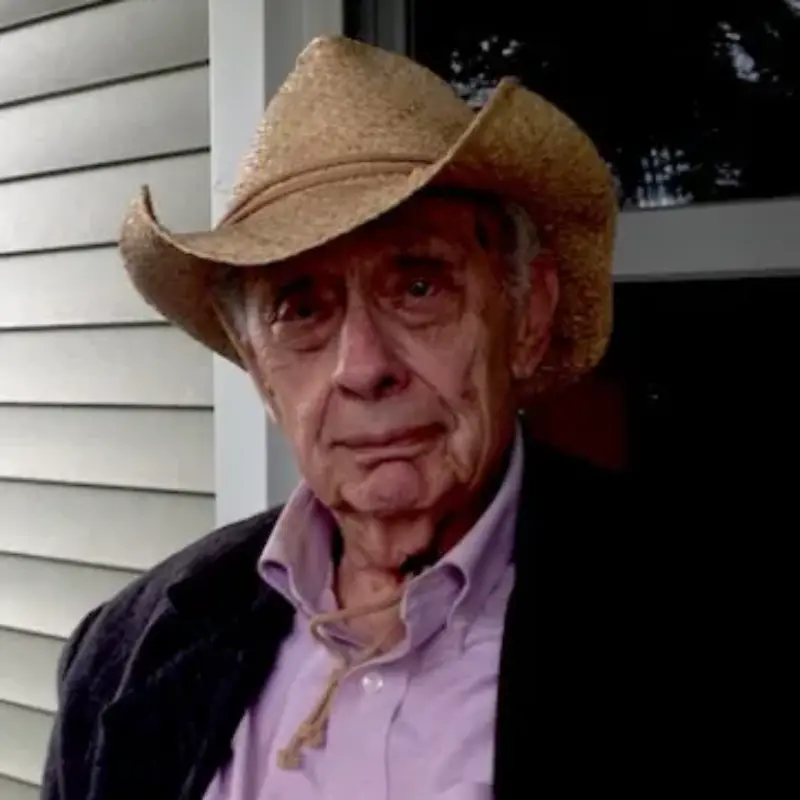
Peter C. Stein
More Information about Peter C. Stein
Peter C. Stein, Physics and Nuclear Studies, came to Cornell as a Research Associate in 1956, and subsequently appointed a member of the Faculty. He served as Vice Provost in the early 1980s. He also was elected Faculty Trustee from 2000-2004.
Professor Stein chaired the Faculty Committee that devised the University procedures enabling faculty to appeal decisions on promotion and tenure; and wrote the report “Conflicts of Interest and Commitment: Ethical Questions and Dilemmas for Faculty Members” which led to the establishment of the University Committee on Conflicts.
He brought fundamental change to the Office of the Dean of Faculty when the Faculty Council of Representatives was reorganized and became the Faculty Senate. He was also instrumental in how the Faculty’s Financial Policies Committee and the Administration dealt jointly with budgetary issues.
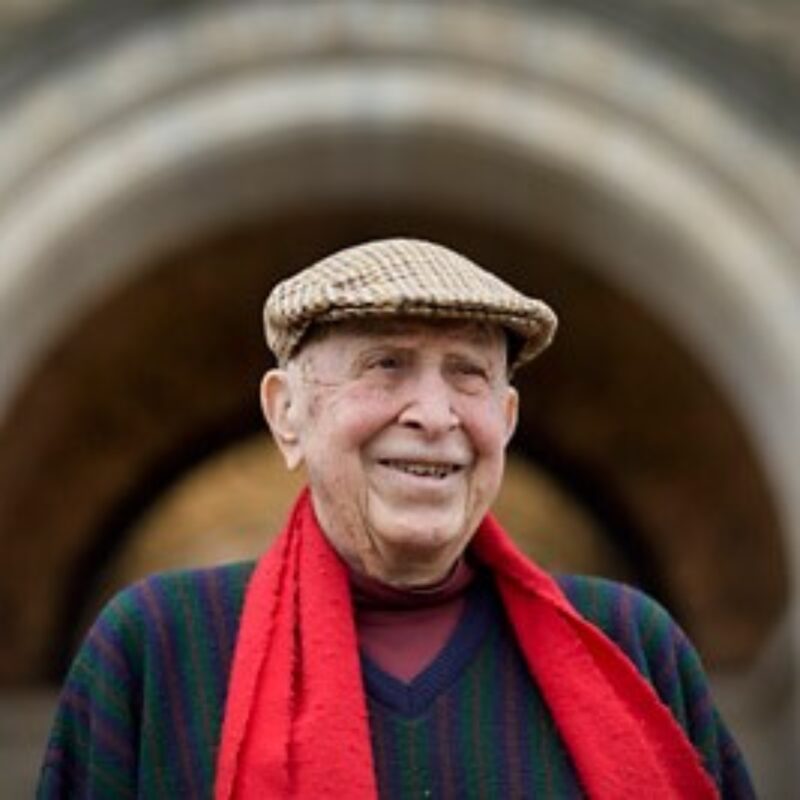
Walter Lynn
More Information about Walter Lynn
Walter R. Lynn, professor emeritus of civil and environmental engineering and of science and technology studies, joined the Cornell faculty in 1961 and became emeritus in 1998. During his tenure, he served in several key administrative roles, including 12 years as university ombudsman, as well as earlier positions as a faculty trustee and dean of the university faculty.
He earned a B.S. in civil engineering from the University of Miami in 1950, a master’s degree in sanitary engineering from the University of North Carolina in 1954, and a Ph.D. from Northwestern University in 1963.
Lynn came to Cornell as an associate professor of sanitary engineering. Early in his career, he held a joint appointment at what is now Weill Cornell Medical College in New York City, where he taught systems methods to physicians. His research included modeling epidemiology to explore the interface between human biology and civil-engineered systems.
As dean of the university faculty, Lynn focused on key issues affecting the academic community, including the quality of undergraduate education and the status of federal research funding. He played a pivotal role in establishing the Stephen H. Weiss Presidential Fellowship program, which honors excellence in undergraduate teaching.

Joseph Bugliari
More Information about Joseph Bugliari
Joseph B. Bugliari, Agricultural and Business Law, joined the Cornell Faculty in 1961. He served as Secretary of the Faculty (1979-82), Director of Legal Services (1977-79), and as the first Judicial Administrator (1969-71).
In his role as Dean of the University Faculty, he started the practice of speaking regularly to the Board of Trustees. He was universally lauded as an able diplomat and for his vigorous pursuit of faculty interests, and in promoting constructive dialogue between the Administration and the Faculty.
Professor Bugliari was named Emeritus in 1992, and on the occasion of his retirement, he received a number of well-deserved tributes from Faculty and University administrators for his substantial and important service to the University. He passed away on October 20, 2002.
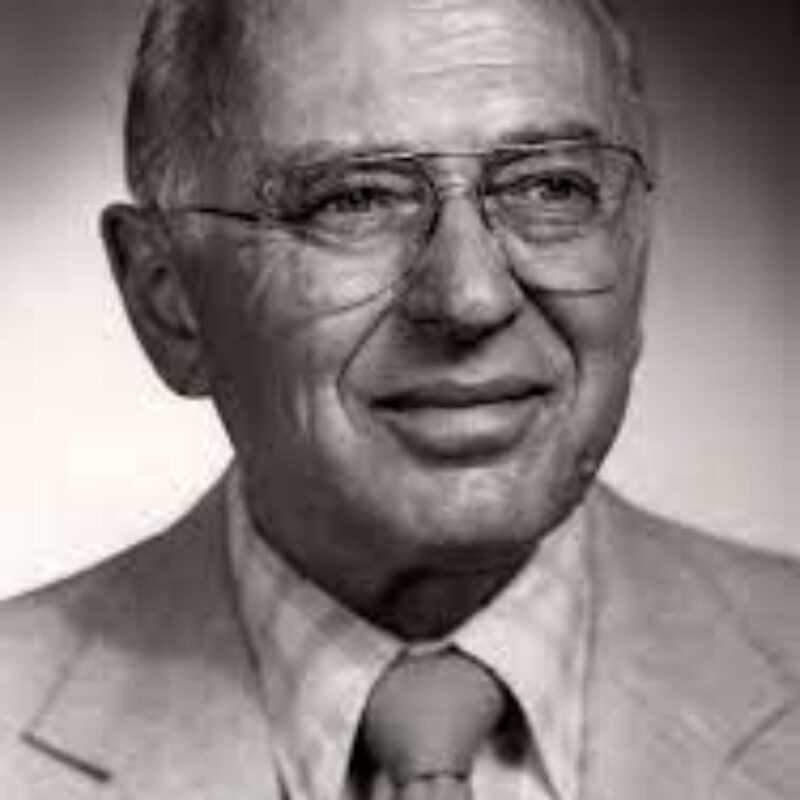
Kenneth Greisen
More Information about Kenneth Greisen
Kenneth I. Greisen completed his graduate work in physics at Cornell in 1942. He then joined the large team of physicists working for the Manhattan Project at Los Alamos, New Mexico in 1943. He was a member of the team that worked on the detonation system for the first atomic bomb.
He joined the Physics Department as a faculty member in 1946. He served as University Ombudsman from 1975-77, prior to his election as Dean of the University Faculty. During his term as Dean, he often rode his bicycle to Day Hall, and parked it in the spot where someone had posted the sign, “Reserved for Dean of Faculty”.
Professor Emeritus Greisen passed away on March 17, 2007 at the age of 89.

Byron Saunders
More Information about Byron Saunders
Byron W. Saunders joined the Faculty at Cornell in 1947 in the Sibley School of Mechanical Engineering. He served as Director of the newly reorganized School of Industrial Engineering and Operations Research, a position he held for ten years; and was Director of Continuing Education in the College of Engineering for three years.
As Dean of the University Faculty, Professor Saunders exhibited loyalty, integrity, and high moral and performance standards. His exhibited strong support for academic freedom during the so-called Ky incident in December 1975, when a speech by then Vice President Ky of South Vietnam was disrupted by those protesting his policies. Dean Saunders urged the Faculty to take a stand on the issue, stating in his annual report: “There can be no honest search for truth, no honest hearing of differing opinions and differing perceptions, if one allows the closing off of views, no matter how objectionable they might be or how objectionable the people who are voicing these views.”
Professor Saunders retired in 1979 and was named Professor Emeritus. He passed away on January 4, 1987.

Norman Penney
More Information about Norman Penney
Norman Penney, Professor of Law, held positions as Director of Admissions, President of the Law School Admissions Council, Associate Dean, and Acting Dean of the Law School.
He was elected Dean of the University Faculty by more votes than the combined votes of the other candidates. Dean Penney provided valuable counsel for the President and other senior administrative officers and earned the respect of all. He effected the organization of the Faculty Council of Representatives. Following his term as Dean, he was elected Faculty Trustee.
He took early retirement from Cornell, and joined the Washington College of Law of American University, in June 1981. Late on December 30 of that year, the Cornell campus was saddened to learn of the death of Professor Penney in his apartment in Washington, D.C., after an apparent burglary.

Robert D. Miller
More Information about Robert D. Miller
Robert D. Miller was appointed to the Faculty in the Department of Soil Science in 1952. He served as Assistant to the Provost from 1964-65, and served on numerous committees in the College of Agriculture and Life Sciences.
As Dean of the University Faculty, he successfully led the Faculty and the campus during a time of racial unrest, protests, and the takeover of Willard Straight Hall in 1969.
Professor Miller retired and was named Emeritus on September 1, 1987.

Royse P. Murphy
More Information about Royse P. Murphy
Royse P. Murphy, Plant Breeding, began his career at Cornell in 1946. He has served as head of the Department of Plant Breeding, Speaker of the Faculty of the College of Agriculture and Life Sciences, and as Faculty Trustee; in addition to his service on many college and University committees.
He resigned as Dean of the University Faculty after serving three years in order to return to teaching. The first year of his deanship he taught a graduate course in the Agricultural College but gave up the idea because he did not have time to spend with students. He said he would like to see the Dean continue to be involved in teaching and recommended a supporting staff for the Office of the Dean of Faculty.
Professor Murphy retired and was named Emeritus on July 1, 1979.

Thomas W. Mackesey
More Information about Thomas W. Mackesey
Thomas W. Mackesey began his career at Cornell in 1938 in the Department of City and Regional Planning in the College of Architecture, Art and Planning. From 1951-60, he was Dean of the College.
During his last year as Dean of the University Faculty, President James Perkins asked him to serve as Vice Provost for Planning and subsequently Vice President for Planning. By firmly establishing certain fundamental campus planning processes and principles, he contributed wisely and permanently to the evolution of the unique Cornell environment.
He retired from Cornell in 1974 and was named Professor Emeritus. He passed away on May 2, 1976. At the time of his death, then President Dale Corson said that Tom Mackesey “has left behind a legacy in the form of some of the most beautiful buildings on campus, buildings constructed under his leadership.”

C. Arnold Hanson
More Information about C. Arnold Hanson
In 1945, C. Arnold Hanson enrolled as the first graduate student in Cornell’s newly established field of Industrial and Labor Relations (ILR), and was awarded its first Ph.D. degree in 1948. He was among the first scholars to examine labor arbitration awards as a means of understanding labor relations problems. Following receipt of his doctorate in 1949, he was appointed to the Faculty in the School of Industrial and Labor Relations, was named director of the School’s Office of Resident Instruction, as well as graduate field representative. These positions he held until his departure in 1961.
Professor Hanson was appointed Dean of Faculty in 1957 at a time when high tension existed between the President and Faculty regarding their respective areas of authority. He proved a true and effective representative of the Faculty’s interests, a well-organized administrator of the dean’s office, and the force contributing to campus community.
In 1961, when Professor Hanson left Cornell, he became President of Gettysburg College until his retirement in 1977. He passed away on June 19, 1983.

William H. Farnham
More Information about William H. Farnham
William H. Farnham joined the Faculty of the Law School in 1926 where he served until 1964. He twice served as Secretary of the Law School; and from 1942-43, Acting Dean of the Law School. In that capacity, he kept the school in session on a year-round basis, providing the foundation for managing the influx of the large number of veterans in the late 1940s.
He became Dean of the University Faculty in 1952 and provided outstanding leadership in strengthening the Faculty’s role in the governance of the University. He presided with care and precision over the Faculty’s complex committee system, and saw to it that the Faculty’s viewpoint on basic questions of educational policy was clearly and effectively communicated to the President and the Board of Trustees. That ability was especially important because during his tenure, the fundamental question of control over student affairs came into sharp focus.
Professor Farnham passed away in Ithaca on August 14, 1985.

Carleton C. Murdock
More Information about Carleton C. Murdock
Carleton C. Murdock came to Cornell’s Physics Department in 1908. He will be remembered as the personification of the legendary professor, a man whose very presence created an atmosphere of dignity and humanity, of intellect and service.
He was elected Dean of the University Faculty in 1945 and brought to the office an unfailing dignity and courtesy, together with strength and wisdom, during a time of difficulty for the University. Following the end of World War II, a surge in enrollments occurred, but so did inflation that eroded the value of Faculty salaries and impaired Faculty morale. The emergence of McCarthyism deeply unsettled the campus. The retirement of President Day left the campus groping for leadership. During those times, Dean Murdock gave stability to a shaken faculty, and his term was extended until a new president had been installed and his own retirement was at hand. Professor Murdock retired as Professor Emeritus in 1953.
He passed away on June 5, 1971.

Cornelius Betten
More Information about Cornelius Betten
Cornelius Betten arrived on campus in 1915, following the establishment of the New York State College of Agriculture. He was a Professor in the Entomology Department and also served in the administrative positions of secretary and registrar in the college. He served as Acting Dean of the College during Dean Mann’s absence on two occasions; and became an active leader in the resident instruction section of the Association of Land Grant Colleges and Universities.
Upon William A. Hammond’s retirement as Dean of the University Faculty in June 1930, a vacancy existed in the Deanship until 1932, when the President recommended, with the Faculty’s approval, that Cornelius Betten fill the position. In 1940, he resigned the directorship of resident instruction in the college, and served full-time as Dean until his retirement from the University in 1945, whereupon he was named Professor Emeritus. Professor Betten passed away in Hamilton, Ohio on August 23, 1962.

William A. Hammond
More Information about William A. Hammond
William A. Hammond came to Cornell in 1891, and was named Sage Professor of Ancient Philosophy in 1908. He served as Secretary of the Faculty from 1909 until 1920, at a time when the Dean of Faculty position was vacant. The President subsequently appointed him Dean in 1920. He never lost sight of the purpose of a university – as expressed by the spirit of Andrew D. White – that of academic scholarship and university government, grounded upon the principle of academic freedom.
Following 39 years of service to the University, Professor Hammond retired in June 1930, when he was called to Washington, D.C. as a consultant in the Library of Congress. He passed away in Washington in May 1938.
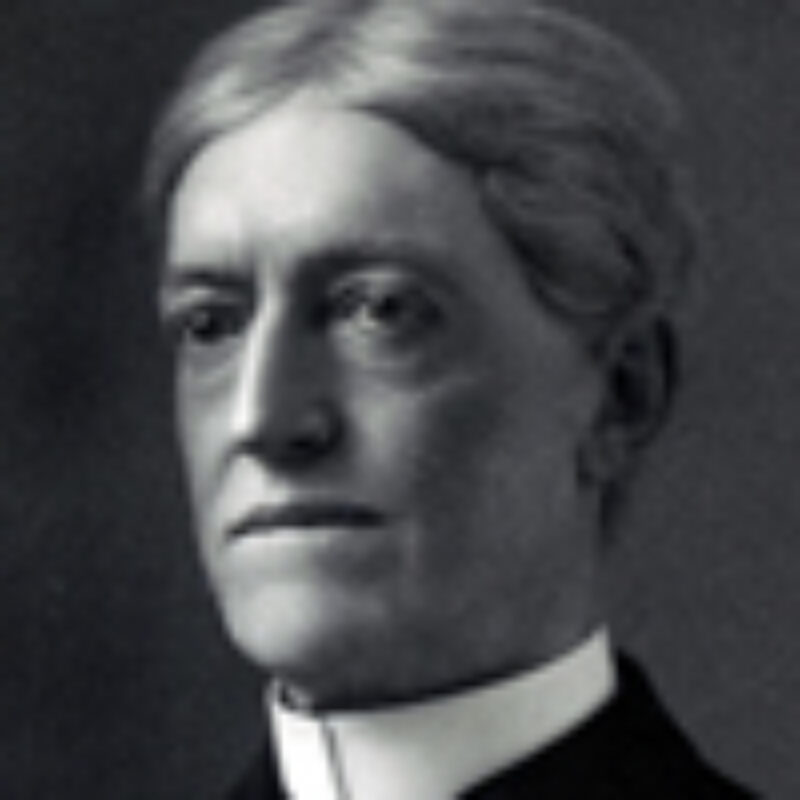
Thomas F. Crane
More Information about Thomas F. Crane
Thomas F. Crane was one of a notable group of teachers who formed the original Faculty of Cornell in 1868. He often spoke of having seen Cornell grow out of its swaddling clothes into one of the leading institutions of the country. He liked to remark that he knew the campus when it was a barren hilltop, before the shade trees were set out. His life had been associated with Cornell unremittingly since its founding, and the pseudonym of “Teefy” found a lasting place in college song and tradition, i.e. “Give my regards to Davy-remember me to Teefy Crane” – the first song a freshman learns.
Professor Crane was associated with the Department of Romance Languages for over 40 years, retiring in 1909 as Professor Emeritus. He was the first Dean of the College of Arts and Sciences prior to his becoming Dean of the Faculty; and also served as Acting President on two occasions during President Schurman’s absence.
Professor Crane passed away on December 9, 1927 at DeLand, Florida, where he had intended to spend the winter with his sister.
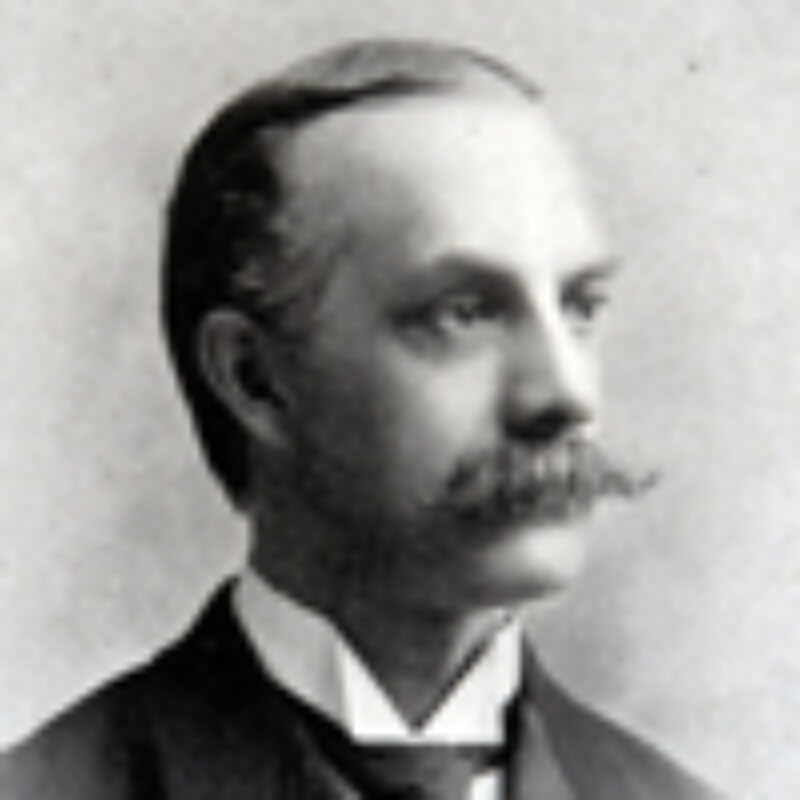
Horatio S. White
More Information about Horatio S. White
Professor Horatio S. White was associated with Cornell for 25 years as Professor of German Language and Literature. He served as Dean of the General Faculty, and upon the reorganization of that position in 1896, as Dean of the University Faculty, for a total of 13 years.
Professor White distinguished himself as a scholar, teacher, and administrator, always loyal to the best interests of the University, and always helpful in promoting them in cooperation with the Faculty and with the student body. He was well regarded for his sanity of judgment, his unfailing courtesy and tact, his generous thoughtfulness for the interests of others, and his kind impartiality and patience in inquiry.
Upon his resignation from the deanship to accept a professorship at his Alma Mater, the University Faculty entered an expression of its gratitude for his long and faithful service.

Henry S. Williams
More Information about Henry S. Williams
Henry S. Williams was born in Ithaca, graduated from Yale, and returned to Ithaca to teach at Cornell from 1879 until 1892. He returned to Yale for 12 years, and in 1904, again returned to Cornell in the Geology Department until his retirement as Professor Emeritus in 1912.
He had a lifelong association with the United States Geological Survey, and was the intellectual father of Sigma Xi. He was the first president of the Alpha Chapter of Sigma Xi in 1887.
He endeared himself to his students by his unselfish devotion to them, and to his colleagues in the Faculty. He won the affection and respect of the Board of Trustees by his sterling qualities as a man and his attainments as a scholar.
Professor Williams passed away in 1918 in Havana, Cuba, where he was assisting his son with farming and mining ventures.

Charles Schaeffer
More Information about Charles Schaeffer
Charles A. Schaeffer, Chemistry, was affiliated with Cornell for 18 years. He was devoted to the interests of his department, and took a prominent and efficient share in all Faculty action affecting the general policy of the University. He exhibited great practical sense, a well-balanced judgment and thorough administrative capacity in his position as Dean of the General Faculty. The candor of his character endeared him to colleagues and pupils alike.
Professor Schaeffer’s fondness and aptitude for administrative affairs led him to accept a position as President of the University of Iowa. He passed away in 1898 while serving in that capacity.

George Caldwell
More Information about George Caldwell
Andrew Dickson White hired George Caldwell as Professor of Agricultural Chemistry, at the institution’s inauguration in 1868. He was the first professor appointed to the faculty of Cornell, and also the first owner of a microscope on Cornell’s Faculty at a time when there were only four in the entire town. Professor Caldwell presided for 34 years over the Chemistry Department, while it grew from a small class-room and laboratory until it taxed the capacity of two large buildings with a teaching staff of 21 – one of the leading centers of chemical education and achievement in the world. In 1892, he was elected to the presidency of the American Chemical Society. The Faculty early recognized his capacity for accurate and excellent work. His work with all University departments rendered him a trusted and valued adviser in all matters of university policy during his term as Dean of the General Faculty. Professor Caldwell retired in 1902, and passed away on September 5, 1907. His name is a memory of the early builders of the University. Caldwell Hall, opened in 1913, was named for George Chapman Caldwell.
Past Associate Deans
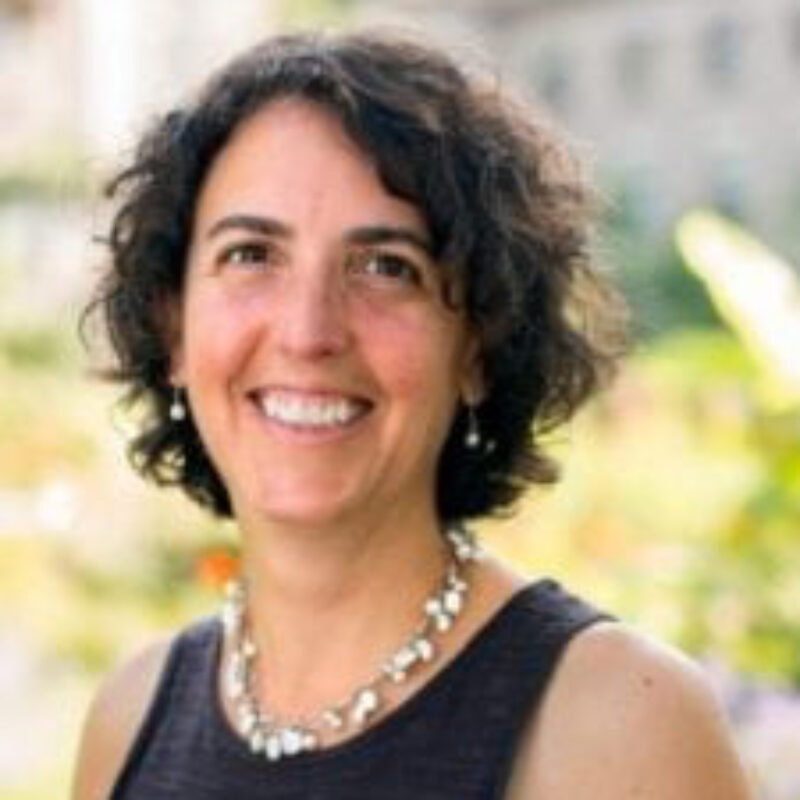
Chelsea Specht
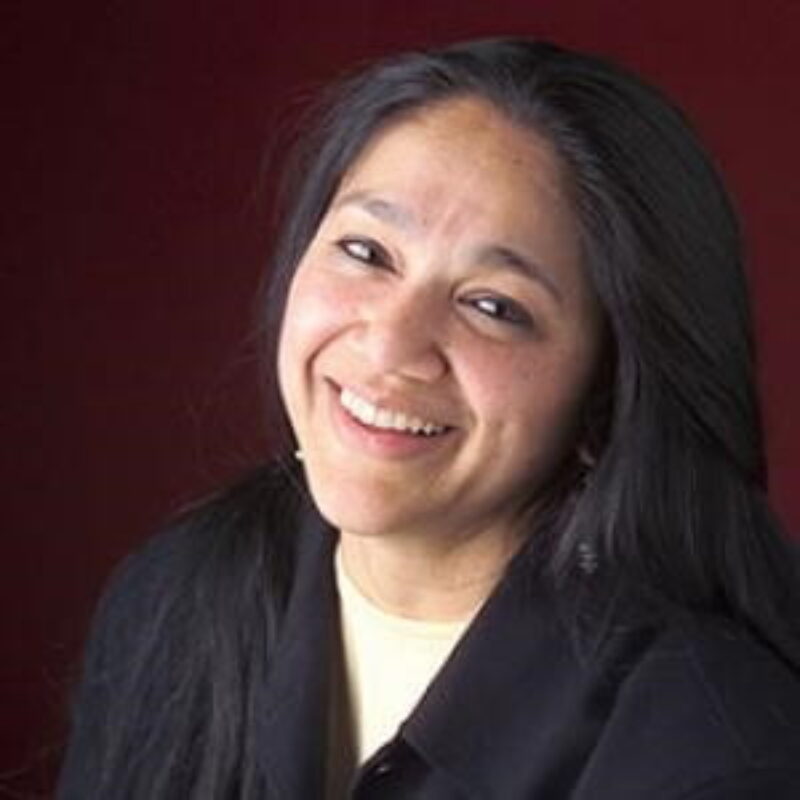
Neema Kudva

Chris Schaffer
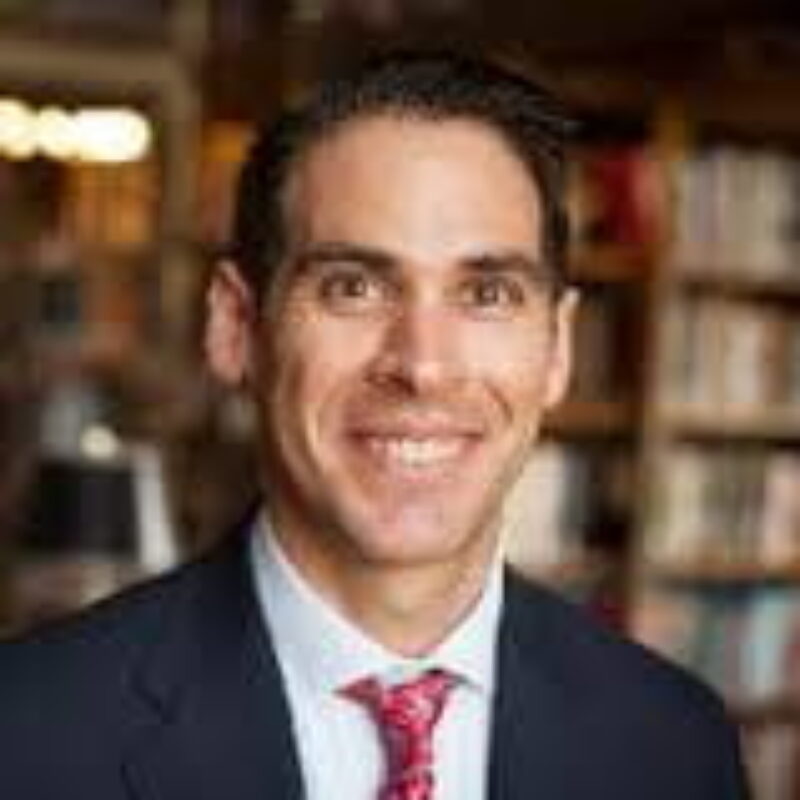
Michael Fontaine
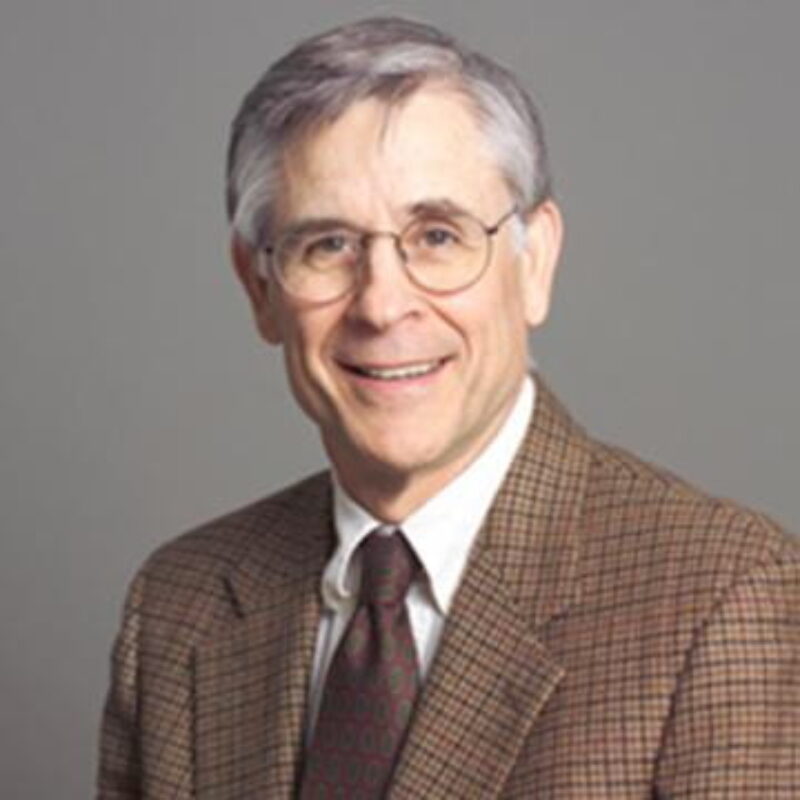
Fred Gouldin
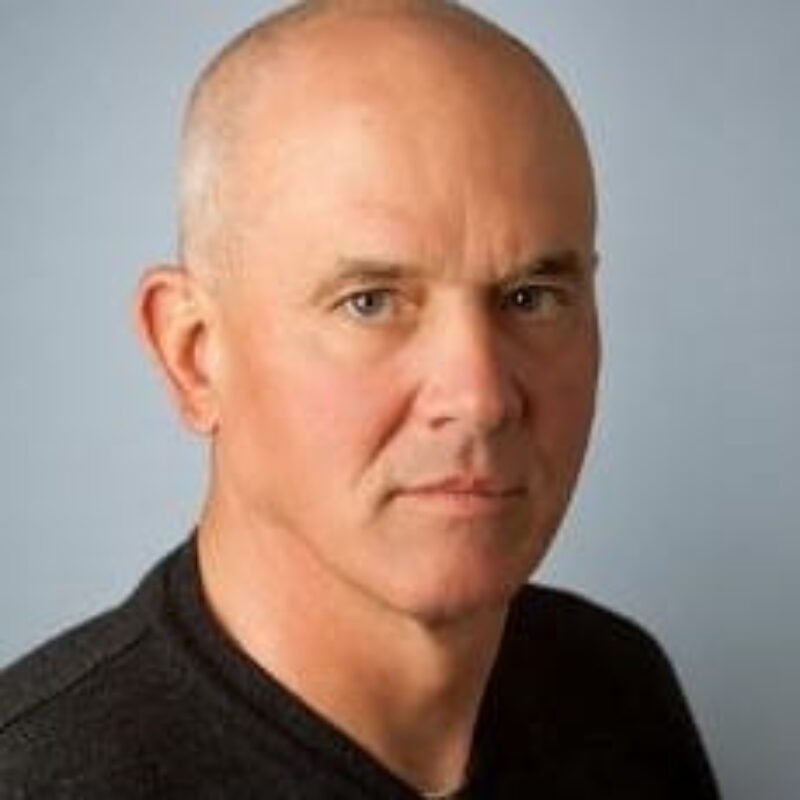
Brad Anton

Cynthia Farina

Charles Walcott
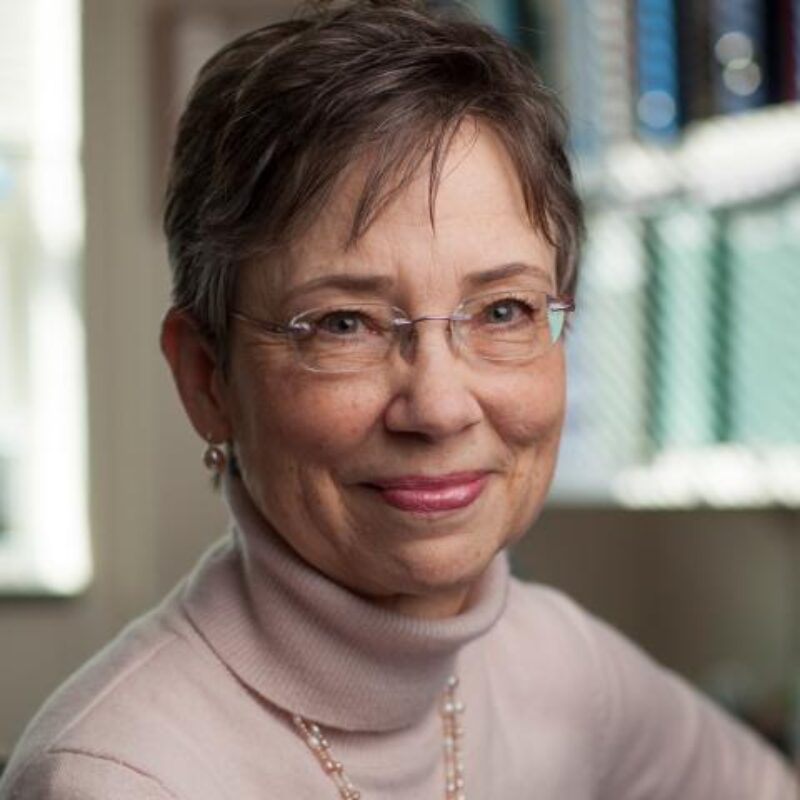
Kathleen Maher Rasmussen

